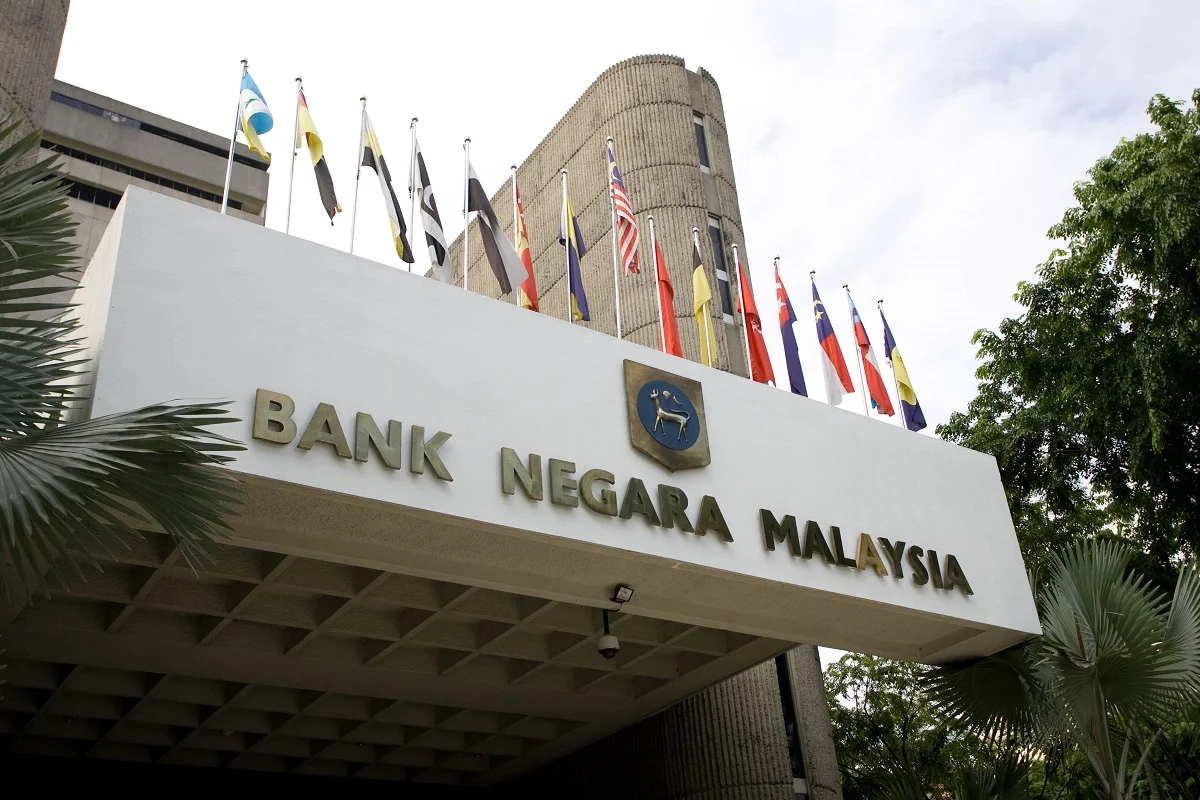The CEO added that the group’s initial capital commitment for the digital bank would be around RM100 million. The yet-to-be-named bank will offer financial products such as deposits for current and savings accounts as well as insurance products and others that would be gradually launched by year-end. Last year, BNM granted a digital bank licence to five consortiums that were chosen out of 29 applicants. Conventional digital bank licences were given to a consortium made up of Axiata’s fintech arm Boost Holdings and RHB Bank, as well as to Grab-Kuok Brothers and Sea-YTL, while consortiums led by AEON and KAF Investment Bank were given Islamic digital bank licences. While the consortiums obtained the limited licences, BNM said that an audit would still need to be done by it before any of the planned digital banks could be launched. The central bank predicted that this process would take between 12 to 24 months. Now, over a year later, we still haven’t seen any digital banks launched by these partnerships, but we can expect to see at least three pop up by the end of the year. Aside from Axiata’s, Grab has also said that it plans to launch its digital bank in Malaysia in 2023, with the KAF-led consortium confirming a similar timeline [PDF]. On the other hand, AEON still plans on launching an Islamic digital bank despite its US-based partner MoneyLion pulling out of the partnership, but it has not announced when it will be going to market. As for YTL and Shopee parent company Sea, the consortium has not given an update on its digital banking plans since it got the licence. While these companies are working towards building their digital banks, some traditional banks have already beaten them to the punch. Be U and Rize, digital banks run by Bank Islam and Al Rajhi Bank Malaysia respectively, were created using the financial institutions’ existing conventional banking licence. (Source: Bernama)

